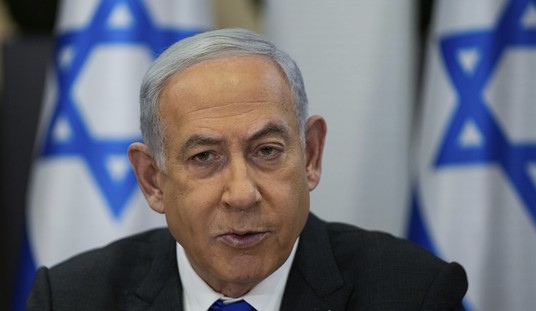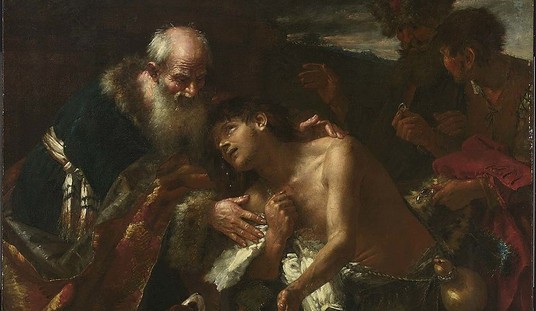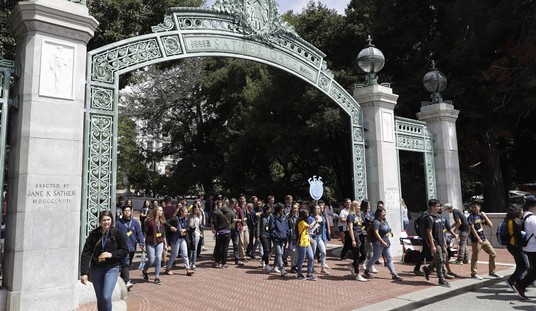I should be clear up front that this piece is published at Wired by someone who appears to be a regular contributor but it’s not necessarily the position of the magazine. Author Noam Cohen argues that, in light of the mass murder in Sri Lanka this week, it’s time to consider common sense social media control:
The decision by the Sri Lankan government this week to shut down the big social networks—including Facebook, WhatsApp, YouTube, and Snapchat—in the aftermath of an Easter day terrorist attack on three Catholic churches and three upscale hotels feels like a turning point in our relationship with these platforms. A Gordian knot moment, if you will, where instead of agonizing over how to untangle the social media mess you just pull out a sword and cut…
The Easter attacks were of a different scale, and the swift decision by the government to act against the social networks placed them in a different category—that is, the authorities were essentially saying that the social networks are no longer considered tools that can be abused by bad actors to exacerbate tensions but weapons that must be removed from terrorists immediately.
Having made a connection between the Easter attack and social media, Cohen calls for regulation:
We need social network control—sensible rules about where, when, and what kinds of platforms should be free to operate, much the way nearly all governments in the world impose comprehensive regulations about where, when, and what kinds of guns should be allowed in communities. To fail to rein in social networks because of appeals to “freedom” would be like allowing vague words written 250 years ago to get in the way of controlling guns.
I’ve come slowly and in fits and starts to this view. Until recently, I’ve preferred to focus on the bad actors who misuse social networks—not only the hate peddlers but the Silicon Valley CEOs who profit from the networks’ misuse. These amoral leaders seemed the appropriate target of scorn.
But by focusing on those individuals’ shortcomings wasn’t I buying into the argument that there was a good way for these social networks to operate, even during a time of crisis or during divisive elections? If only they had the right leaders! In essence, I was replicating the tired defense of unrestrained gun ownership—social networks don’t kill people, people kill people. In point of fact, guns magnify the violence of their users, as do social networks.
Even if that were true, guns are tools capable of actual violence. Social networks are not. They don’t reach through the cable line and throttle anyone. They can magnify images or motives for violence but there’s still a big step between reading about or seeing a violent attack and going out to re-enact it.
You’ll notice that Cohen talks about this in terms of “nearly all governments in the world” which is clearly a jab at the United States which protects the right to bear arms and to free speech from government intervention. Cohen has clearly dispensed with the Second Amendment as if that were beyond discussion. Now he wants to leverage that assumption into grounds for dispensing with the First Amendment as well.
I haven’t read everything about the Sri Lankan attack but I don’t think the attackers were plotting, at least not openly, on social media. Cohen’s argument seems to be that the moment after the attack social media would have become an amplifier for their message. I guess there’s some truth to that but how is that different from the media which reported on the attacks? Couldn’t you just as easily argue that journalists are doing the terrorists work for them? Should we have a 24-hour news blackout after every attack?
I’m being somewhat serious about this. Once you’ve embraced the idea of “social media control” it seems like a short step from there to “media control.” After the Christchurch attack, I saw numerous people including journalists arguing that the media should restrain itself from mentioning the shooter’s name or circulating the video of his attack. Many journalists did just that, but their behavior was voluntary. There were still plenty of people describing the video and the shooter even if they weren’t using his name. Should we have left it to the media to make those decisions?
Not all slippery slope arguments are created equal. Sometimes the danger we’re warned about from taking a small step seems to be thousands of steps and several high walls away. But I’m not sure that’s true in this case. If governments in free societies are urged to silence people, including eyewitnesses and victims, after a crisis, then why couldn’t it silence newspapers and media outlets too? And if they can’t silence the media then what harm is being avoided by silencing the people?
Imagine some truly terrible crisis 10 years from now when governments have put such regulations in place. Imagine the internet suddenly going dark as people are trying to find out what is going on. That’s literally what the government did in Venezuela and what it still does to some degree in China on certain topics. These should be warning signs about inviting such control.
There’s no doubt that social media has unprecedented power and some potentially ugly side effects. It’s much easier to get carried away with a moment’s anger and to lash out in altruistic punishment (a kind of group bullying which may have some utility in small doses). But these are problems with human nature that won’t go away unless social media goes away.
It feels like the author of the piece is giving up on humanity in a way. He’s suggesting there’s no hope for voluntary self-control or group learning about how to manage these new tools. He just wants someone to take charge and take them away, like a parent with a child. That’s not how I see this. There are problems but we can learn how to deal with them without resorting to the blunt instrument of authoritarian control. If we can’t make the tools better we can try to make the people better prepared to use them. This is all new to all of us. Give us a little time to work it out.







Join the conversation as a VIP Member